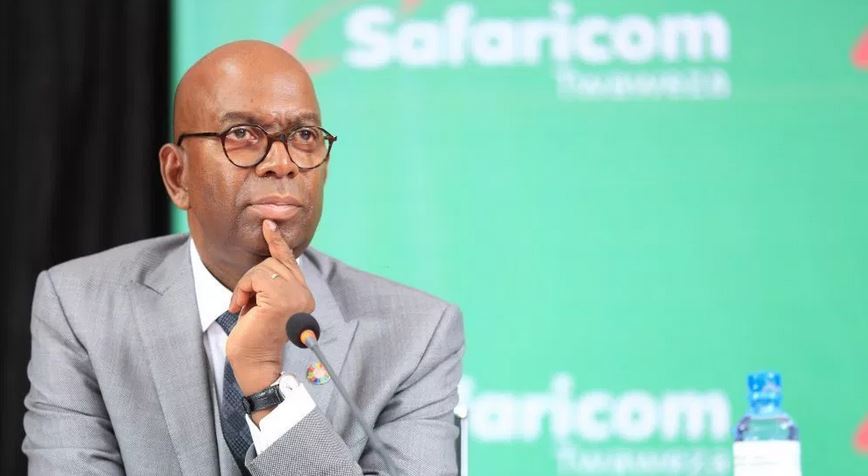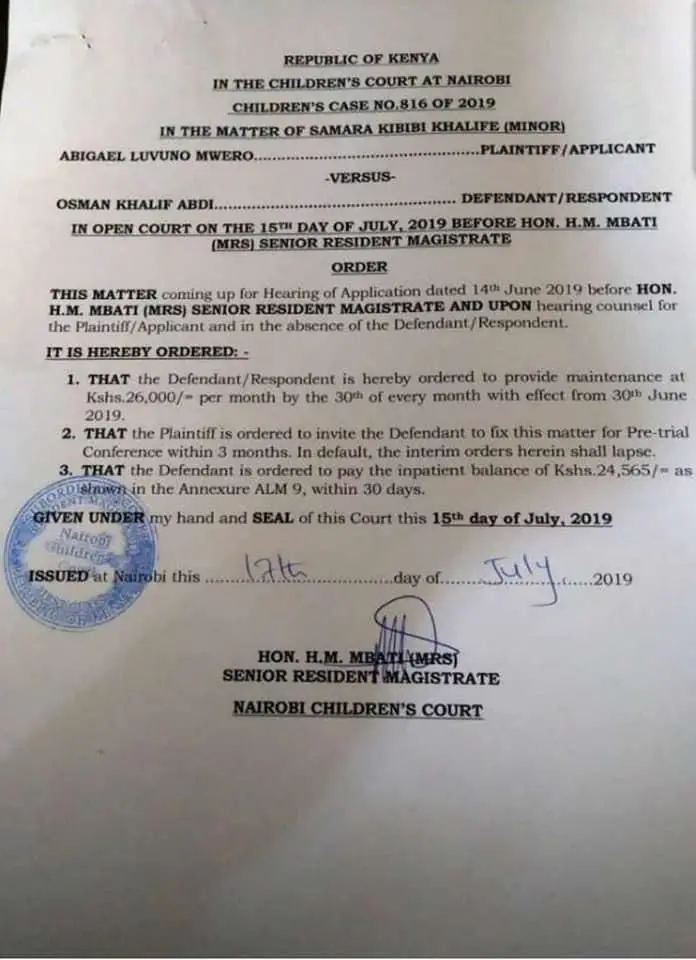
A few days ago, we did an article exposing Safaricom’s slow home fibre internet, as per various social media pictures posted by Kenyans across.
The Safaricom monopoly now wants to control the internet service sector at the same time frustrating users. Safaricom always focuses on attracting more customers instead of expanding with a few but providing fast, efficient and reliable services.
Zuku has gone under due to greed and infighting by the directors and that is how the Safaricom monopoly came into play.
As all this happens, the debate about splitting Safaricom will be reactivated by this site.
Rip-Off: Users Share Shocking Photos Showing Safaricom Home Fibre Slow Internet Speeds
Safaricom Dominance has been a headache in Kenya with a recent report being swept under the carpet. Safaricom, while a monopoly, played games in this splitting up issue and the Company paid lobbyists large sums of money to petition the government and the cabinet secretary to outrightly reject the report without the participation of other stakeholders.
This saw the bringing on board the likes of Dr Bitange Ndemo. Who are the influential people that were bought off to kill the report? Why was the report not first subjected to participation?
The Bill wanted telecommunication companies to split their core business from other ventures and seek regulatory approvals for each.
“A person may engage in any other business provided that such person shall; obtain the relevant licences from the respective regulators of any industry or sector ventured into; legally split or separate the telecommunication business from such other business; and provide separate accounts and reports in respect of all businesses carried out,” says the Bill.
Safaricom, Airtel and Telkom Kenya would have been required to separate their mobile money offering from their core telecommunication activities to create new companies with separate accounts regulated by the Central Bank of Kenya.
The Bill would give the telcos six months from the date it is signed into law to effect the separation.
This would have had a transformative impact particularly on Safaricom that has in recent years launched offerings in mobile lending, e-commerce, health, education and agriculture, among others.
As Safaricom keeps venturing into these other sectors, services keep getting worse.
Safaricom monopoly must be split

















































